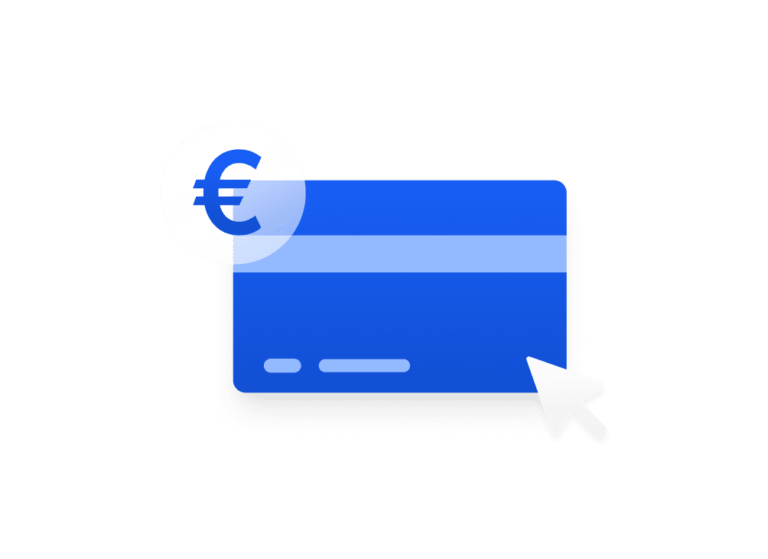The way companies can tell their stories has changed. No longer is it purely through advertising or journalists producing articles. Today, a brand’s narrative can be told just as effectively through social media and crowd-sourced content.
Storytelling may be as old as gathering beneath the evening skies around a campfire to listen to tales, which make people laugh, cry and even question themselves, however, it is vital for any business today; people think narratively.
A company’s story must be authentic and never a sales pitch. It must be based in reality, even if marketers embellish it with their own ingenuity and creativity.
A Brand’s Story Must Be Told
Ultimately a brand’s story is not just something businesses should refer to every time they launch a marketing campaign or issue a press release. It should be the foundations on which a future growth strategy is built.
Brand storytelling is the cohesive narrative that weaves together the facts and emotions that your brand evokes. In addition to giving your customers reasons why they should buy a product or service, businesses need to start sharing the story behind their brand, why it exists, and why this matters, consistently across all communication.
Brand storytelling is no longer a nice to have. It is a need to have, and what will ultimately maximize your business’s visibility, profit, and impact. Treat it as a compass for your marketing strategy, and the result will be a brand that is as profitable as it is captivating.

Reasons Why Brand Storytelling is Important
Here are 3 reasons why brand storytelling is so important.
1. Brand storytelling helps you be unforgettable
It’s a crowded marketplace out there: there are tens of millions of content being created, and even more being shared every day. Businesses are spending billions of dollars worldwide fighting for seconds of attention from audiences that are being bombarded with similar messaging. The internet has democratized marketing by making it accessible, but during this, it’s also made it very difficult for quality brands to stand out.
Instead of throwing facts, statistics, and testimonials at your audience, focus on making your brand thoughtful, memorable, and real. Wrap your message into a story that transports people, simplifies information, and provokes an emotional response. Use narrative to share your brand’s history, challenges, successes, and value propositions—no other brand can copy YOUR story.
It’s not enough to have a quality product or service, you need to know how to talk about it in a way that differentiates you from the crowd. That’s why brand storytelling is so important.
2. Brand storytelling helps you build a following
For a brand to take off, it needs to become so much more than your product and service—and that’s where storytelling comes in. Think about what emotions, values, and ideas you can offer your audience. What do you want them to walk away feeling when they interact with you? What sort of value are you offering them every time they engage with your content? What does your brand mean to them, beyond what you’re selling?
Use your story to create a deep emotional connection: start conversations, ask for engagement (no strings attached), involve your audience in what you do as a business. Turn your brand into an experience they can consume.
3. Brand storytelling helps you stay human
A brand story can do so much more than connect you with your ideal audience, get you noticed in the noise of your competitors’ messaging, and drive profits — it also has the potential to create major impact.
In today’s day and age, marketing is no longer the key competitive differentiator. Consumers are increasingly demanding for companies to prove how their efforts are making an impact, supporting a cause, and achieving results beyond just profit.
Ironically, knowing that a company cares about something other than their own profit is the incentive that consumers need to buy more.
In a world where it seems as though most companies are out to just make a quick profit in the cheapest way possible (and not give a damn about their customers), it can seriously pay off for your company to simply come across as organic and human.











